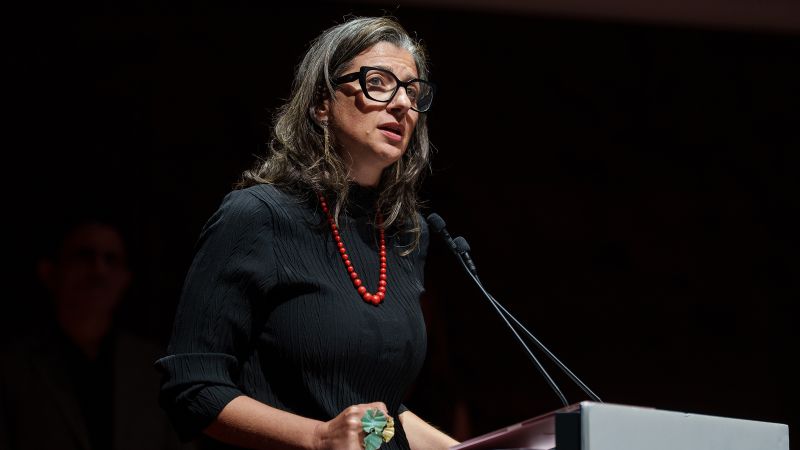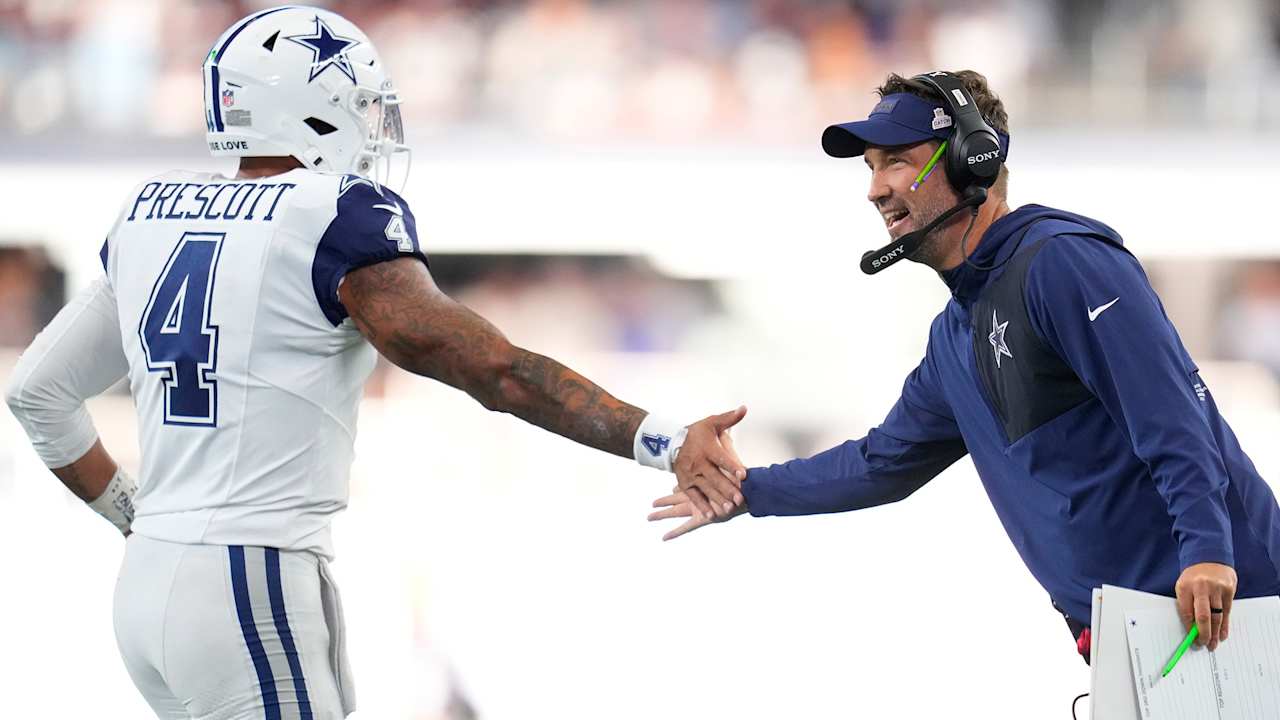Human Rights Groups Forced into Exile in El Salvador

Introduction
In a recent turn of events, the international human rights group Cristosal has been forced to flee El Salvador due to a funding cut by the U.S. government. This comes after the country's president, Nayib Bukele, has implemented restrictive laws and arrested one of the group's staffers. Cristosal is just one of many who have been forced into exile, including dozens of journalists, lawyers, and rights advocates. The situation in El Salvador has become increasingly concerning, with the government cracking down on those who speak out against them.
Challenges for Human Rights Groups
The funding cut has put a strain on the operations of Cristosal and other human rights groups in El Salvador. Without proper resources, they are struggling to continue their work in supporting and advocating for those in need. The arrest of one of their own staff members has only added to the difficulties they face. The restrictive laws imposed by the government have also made it challenging for these groups to operate freely and carry out their mission to protect the rights of the people.
The Impact on El Salvador and Beyond
The forced exile of Cristosal and other human rights groups has not only affected their ability to operate, but it also has a significant impact on the people of El Salvador. These groups play a crucial role in advocating for the rights of the citizens and holding the government accountable for their actions. Without their
About the People Mentioned
Nayib Bukele
Nayib Armando Bukele Ortez, born July 24, 1981, in San Salvador, is the current president of El Salvador, serving since 2019[2][3]. He is the son of a wealthy entrepreneur of Palestinian descent, Armando Bukele, and grew up in a privileged environment[4][5]. Bukele began his career in business, managing a Yamaha dealership and a nightclub before entering politics in 2011[4]. His political rise was rapid: elected mayor of the small town of Nuevo Cuscatlán in 2012 as a member of the leftist Farabundo Martí National Liberation Front (FMLN), he then became mayor of San Salvador in 2015, where he gained popularity for urban revitalization projects and a strong social media presence[3][4]. Bukele’s relationship with the FMLN soured over allegations of corruption and internal disputes, leading to his expulsion from the party in 2017[3][4]. Undeterred, he founded his own political movement, Nuevas Ideas (New Ideas), and, after legal obstacles, ran for president in 2019 with the Grand Alliance for National Unity (GANA), winning with 53% of the vote[2][3]. At 37, he became the youngest elected president in Latin American history, ending decades of dominance by the FMLN and the conservative Nationalist Republican Alliance (ARENA)[3]. As president, Bukele quickly consolidated power, using his party’s legislative majority to remove Supreme Court justices and the attorney general, actions widely criticized as undermining judicial independence and democratic checks and balances[1][6]. He gained international attention—and controversy—for his hardline “iron fist” policies against gangs, notably the 2022 crackdown that led to over 85,000 arrests amid allegations of widespread human rights abuses[2][5]. Domestically, he remains highly popular, with approval ratings often exceeding 90%, credited with reducing crime but criticized for eroding civil liberties and press freedoms[2][5]. Bukele was re-elected in February 2024 with 85% of the vote, a result enabled by a controversial constitutional reinterpretation allowing consecutive presidential terms[2]. His administration continues to prioritize security and economic modernization, while facing ongoing scrutiny from international human rights organizations over democratic backsliding[6]. Bukele’s blend of millennial charisma, social media savvy, and authoritarian tendencies has made him a polarizing figure both at home and abroad, emblematic of a new style of leadership in Latin America[4][5].
About the Organizations Mentioned
Cristosal
Cristosal is a regional human rights organization dedicated to defending human rights and promoting democratic rule of law across Central America, specifically in El Salvador, Guatemala, and Honduras. Established over 25 years ago, Cristosal’s work centers on three pillars: **Justice, Truth, and Voice**. The organization focuses on protecting victims of human rights abuses, supporting human rights defenders, and fostering civic engagement to build just and peaceful societies[3][4]. Cristosal’s approach is victim-centered, combining direct legal aid, psychosocial support, and community empowerment to assist individuals affected by violence and human rights violations. It also emphasizes building sustainable protection systems within communities and holds governments accountable by engaging them to fulfill their human rights obligations. This strategy includes monitoring forced displacement, piloting humanitarian and legal assistance models, and mobilizing public awareness through media and education[1][2][6]. Key achievements include protecting thousands of individuals over the past decade, advancing strategic litigation cases that hold perpetrators accountable, and sustaining active protection networks region-wide. In 2024 alone, Cristosal provided legal, psychosocial, and social support to many families. The organization has also trained over 2,200 regional leaders in nonviolent resistance and facilitated civic dialogues involving more than 2,400 people to strengthen democracy and human rights advocacy[3][4][6]. Despite growing political repression—such as the suspension of its operations in El Salvador in 2025 following the arrest of its anti-corruption head—Cristosal remains resilient and independent. It is expanding cross-border victim support and investing in new leadership among youth, women, LGBTQIA+ advocates, and grassroots organizers[3][4]. Cristosal’s evidence-based, rights-focused work continues to earn respect locally and internationally, making it a trusted partner in Central America’s human rights movement[5][7][9]. In sum, Cristosal stands out for its deep regional expertise, comprehensive victim support, strategic litigation, and commitment to strengthening democratic governanc












